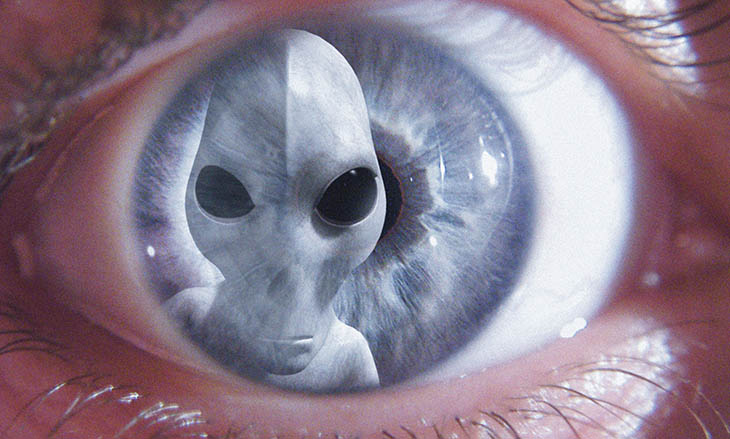This article was originally published at the defunct Skepticblog.org on Jan 24, 2012 An archived version is available here.

Working on refinements to my upcoming cryptozoology book with Skepticblog’s own Don Prothero (due out later in 2012) gave me a chance yesterday to dip back into Harvard psychologist Susan Clancy’s fascinating 2005 book about her studies of alien abductees, Abducted: How People Come to Believe They Were Kidnapped by Aliens. I thought I might share a couple of passages from the book here, partly because they dovetail so nicely with my own “Reasonableness of Weird Things” arguments.
Clancy’s area of primary interest is not skeptical investigation of paranormal claims, but false memory. To perform an ”honest broker” service as thorough and reliable guides to the evidence on paranormal topics, skeptical investigators are ethically obliged to seriously consider the (unlikely) possibility of paranormal phenomena. In her own work with abductees, Clancy’s obligations were different. She felt justified in taking it pretty much for granted that her subjects had not been kidnapped by space aliens. Abductees were, for Clancy, a proxy group to allow her to examine questions related to a separate population’s “recovered” memories of childhood sexual abuse. Read more
